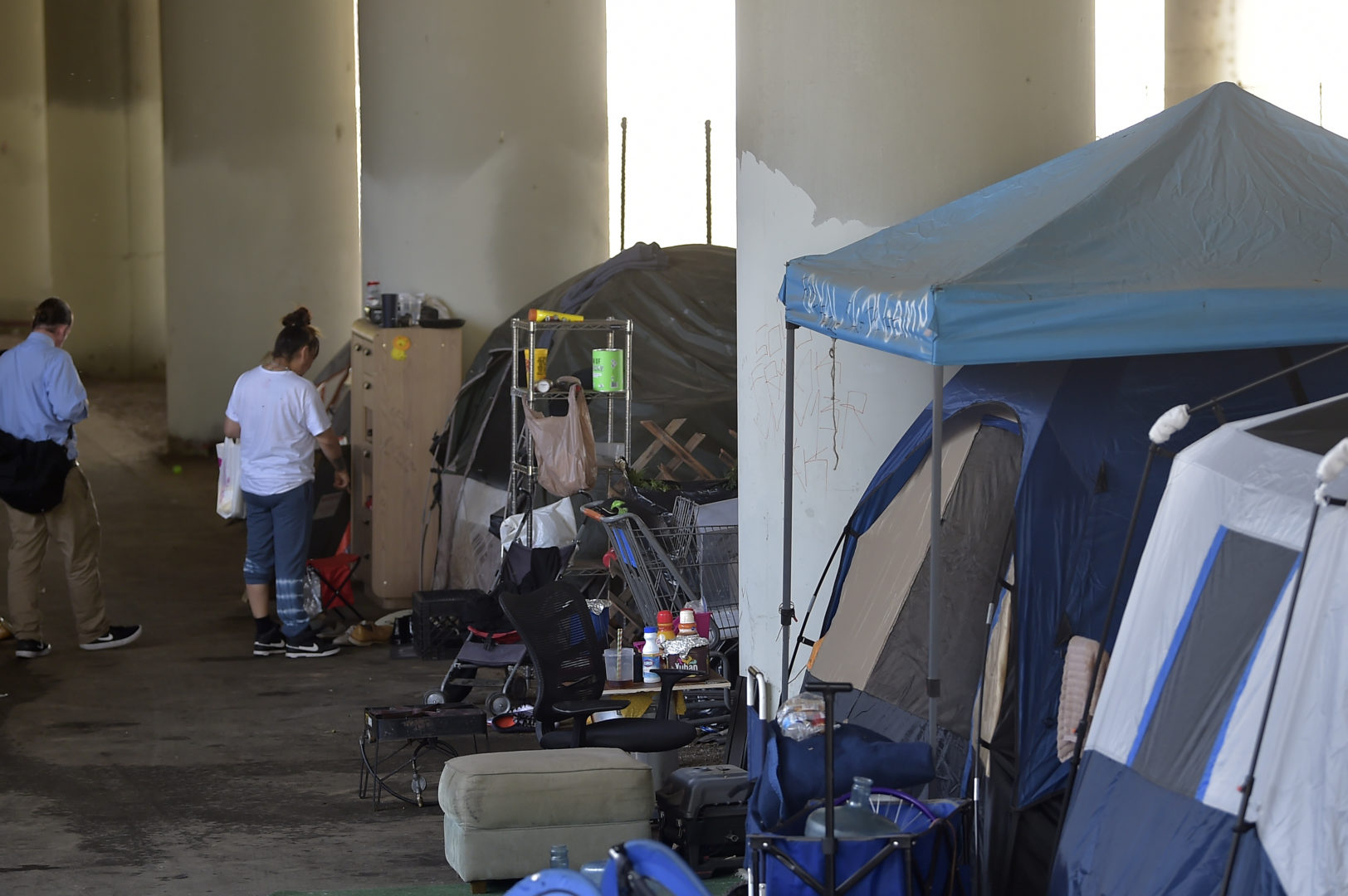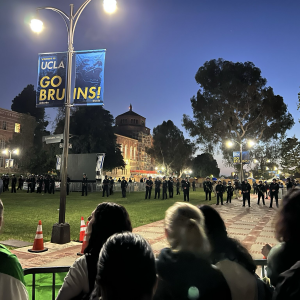 View Winners →
View Winners → 
The Los Angeles County Board of Supervisors opted Tuesday to join an appeal to the U.S. Supreme Court that could redefine the legal landscape surrounding how cities and counties manage homeless encampments on public property.
The legal battle centers on a divisive question: Can local governments enforce outdoor camping restrictions when there is not enough shelter for the homeless? The appeal follows two significant 9th U.S. Circuit Court of Appeals rulings that limit such enforcement unless alternative shelter space is available.
“I introduced this motion to add Los Angeles County’s voice to local governments’ calls for long overdue legal reforms,” Supervisor Kathryn Barger said in a statement. “This is not an advocacy push for the criminalization of homelessness, but rather a call for comprehensive, compassionate action.”
The board’s decision was not unanimous, splitting 3-2 on a motion brought by Barger and Supervisor Janice Hahn. The deciding vote came from Supervisor Holly Mitchell, who backed the motion only after insisting on an amendment absolving the county of intentions to criminalize the homeless.
Joining with the city of Grants Pass, Oregon, LA County is now part of a growing group seeking clarity from the highest court. The appeal, as proponents argue, aims to balance the need to aid the homeless with the duty to protect the health and safety of the community.
“If local governments are restricted from regulating the presence of encampments on public property, we are left powerless when trying to effectively address our worsening homelessness crisis,” Barger said.
Hahn echoed that sentiment, noting that judicial interpretations of the appeals court decisions “have tied the hands of cities and counties in imposing common-sense time and place restrictions on some key public spaces to keep people safe and move those who want assistance into shelter. We have no interest in or intention to criminalize homelessness. We simply need the clarification about what tools we have to address this crisis and keep people safe.”
Critics, however, brand the legal push as a veiled attempt to penalize involuntary homelessness. Jennifer Hark Dietz, CEO of People Assisting the Homeless, criticized the motion before the board vote, arguing that Los Angeles County should leverage its innovative Pathway Home and Inside Safe initiatives to tackle homelessness instead.
“Instead of signing onto a court case that runs counter to the county’s success, we ask that the Board of Supervisors demonstrate to the nation that L.A. County already has the clarity and commitment to solve homelessness,” Dietz said in a statement. “Los Angeles is leading on the clear and proven strategy to permanently resolve these dangerous conditions through the Pathway Home and Inside Safe initiatives. Instead of signing onto a court case that runs counter to the county’s success, we ask that the Board of Supervisors demonstrate to the nation that L.A. County already has the clarity and commitment to solve homelessness.”
Supervisors Hilda Solis and Lindsey Horvath opposed the motion, stressing the need to focus on providing safe, affordable housing with supportive services. Solis said overturning the appeal rulings could end up punishing people for sleeping outside.
“If the Supreme Court rules in favor of the city of Grants Pass, Oregon, people experiencing homelessness may lose this constitutional protection,” Solis said. “We can and must do better by addressing the root causes of homelessness rather than taking the easy way out by citing, fining, and incarcerating our most vulnerable neighbors.”
Horvath said, “Relying on this case is not a solution to homelessness. The only meaningful way to end the homelessness crisis we are seeing nationwide is to invest in safe, affordable housing options that include supportive services for our most vulnerable community members.”
As reported by Pasadena Now, SCVNews.com and MyNewsLA.com




































































































